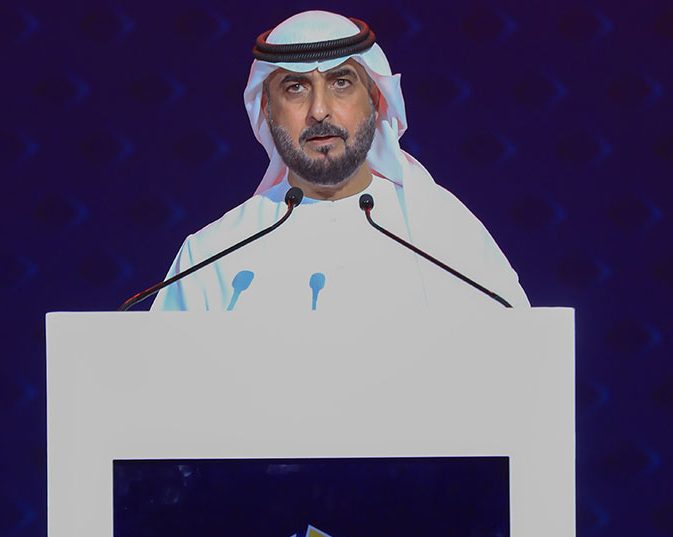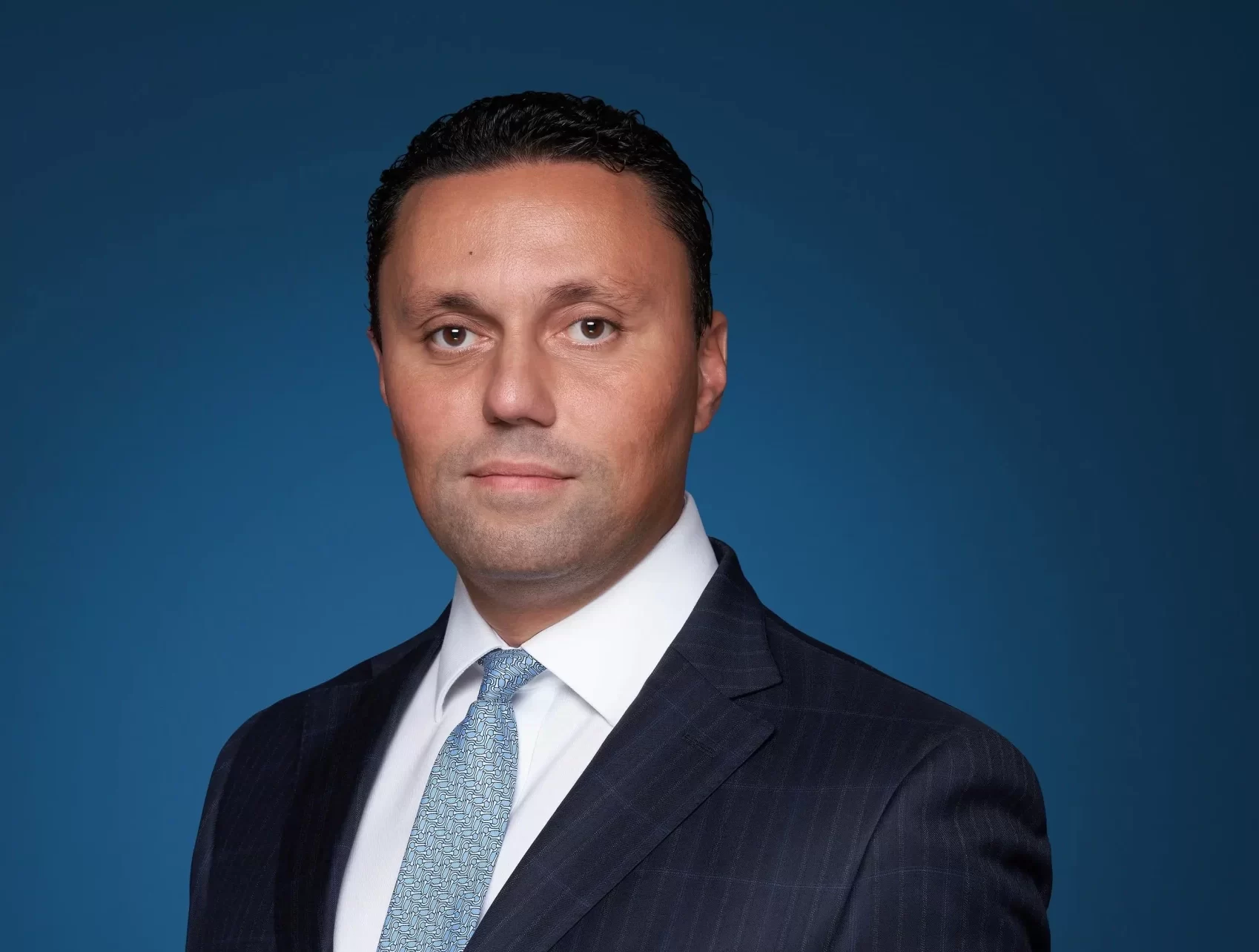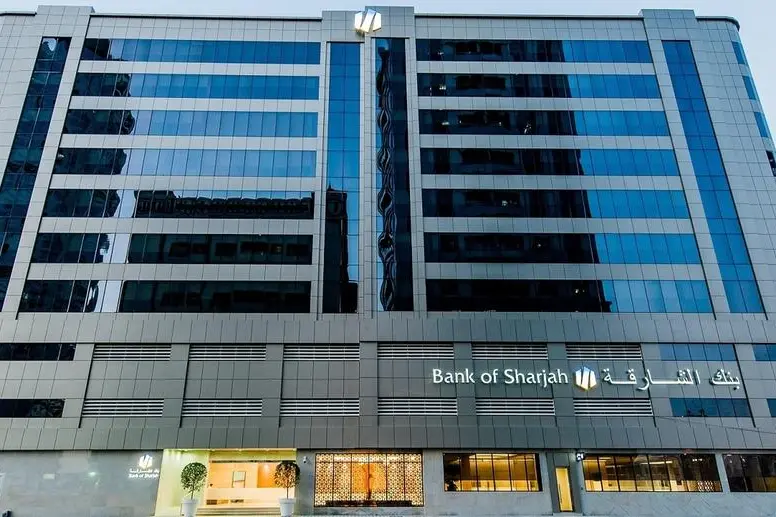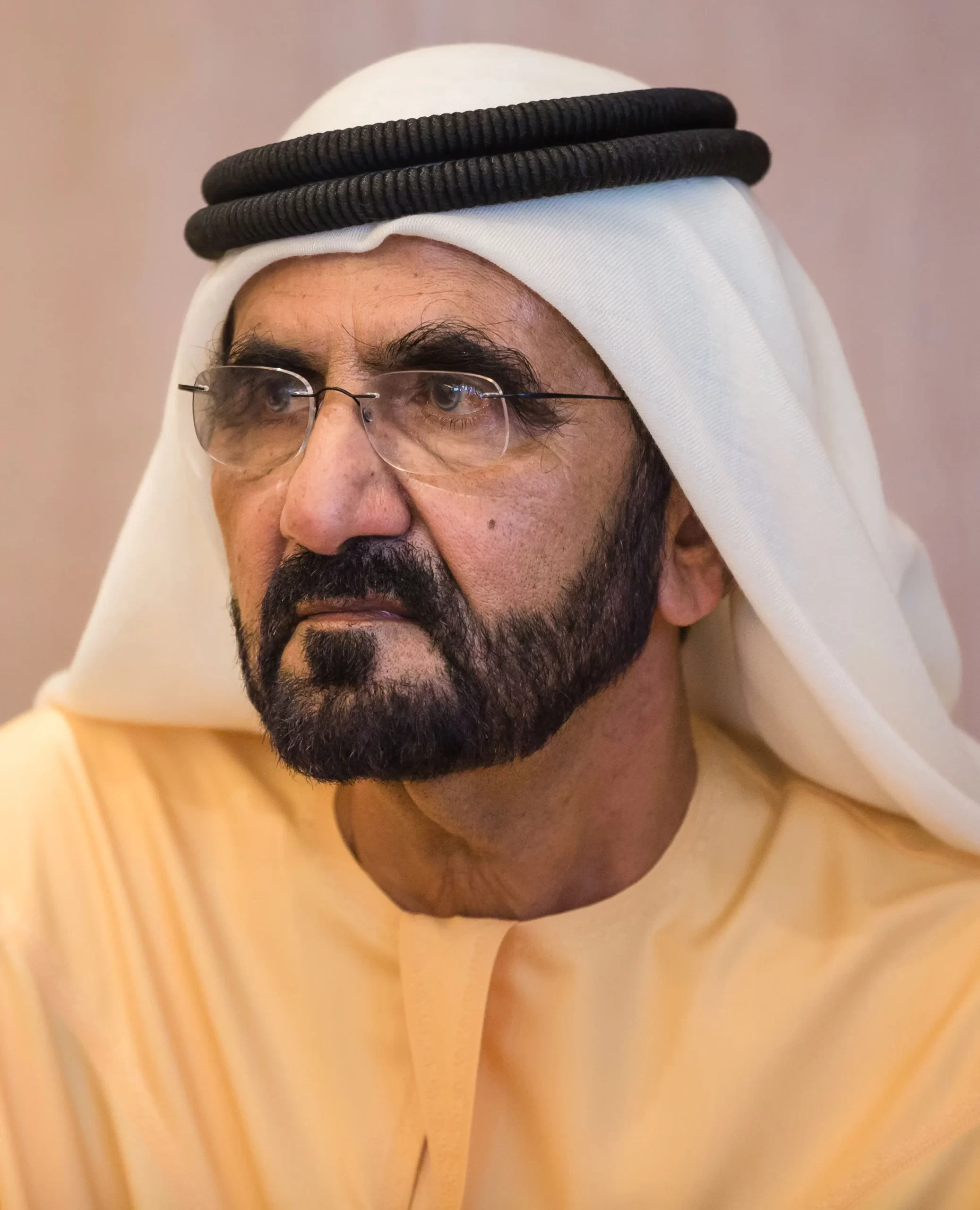Andreessen Horowitz Went All In on Crypto at the Worst Possible Time
Chris Dixon, a partner who led the charge, says he has a ‘very long-term horizon’
As cryptocurrency prices soared last year, no investor bet more on the sector than Andreessen Horowitz.
The storied venture-capital firm had developed a reputation as Silicon Valley’s greatest crypto bull, thanks largely to a 50-year-old partner named Chris Dixon who was one of the earliest evangelists for how the blockchain technology powering cryptocurrencies could change business. His unit was one of the most-active crypto investors last year, and in May announced a $4.5 billion crypto fund, the largest ever for such investments.
The timing wasn’t good.
Prices for bitcoin and other cryptocurrencies have plunged this year in the midst of a broad market downturn, erasing billions of dollars in paper gains for Andreessen’s funds. Consumer demand has vanished for some of the firm’s most-prized crypto startups, while others are facing increased scrutiny from regulators.
Andreessen’s flagship crypto fund shed around 40% of its value in the first half of this year, according to people familiar with the matter. That decline is much larger than the 10% to 20% drops recorded by other venture funds, which have largely avoided the risky practice of purchasing volatile cryptocurrencies, according to fund investors.
Despite the record cash pile, Andreessen has dramatically slowed the pace of its crypto investments this year.
Now Mr. Dixon has to convince nervous investors that Andreessen didn’t overplay its hand for the May fund, which other crypto venture capitalists said is too large for a sector headed into a so-called crypto winter.
“They’ve just pushed it so far with crypto that I’m not sure they can rebalance,” said Ben Narasin, a general partner at the VC firm Tenacity Venture Capital.
In an interview, Mr. Dixon said he remains faithful to the crypto-centric vision of the internet called Web3 that underpins Andreessen’s push into the sector—a view that blockchain versions for a range of services will return financial control and power to users in the form of cryptocurrencies they can earn and trade.
Mr. Dixon said that the sector is still in the early stages of acquiring users and that he isn’t sure when mass adoption of blockchain services will occur. Crypto “is about the political and governing structure of the internet,” he said. “We have a very long-term horizon.”
Mr. Dixon’s path from the periphery of Andreessen mirrors the firm’s transformation into a crypto powerhouse.
A coder from childhood who earned master’s degrees in both philosophy and business, he helped found and sell two startups—one in cybersecurity and the other in e-commerce—and co-founded the VC firm Founder Collective. He also nurtured interests in such emerging technologies as virtual reality and 3-D printing.
He joined Andreessen in 2012. The firm, founded three years earlier by Marc Andreessen and Ben Horowitz, was quickly becoming one of the biggest and most influential tech investors, driven by Mr. Andreessen’s famed mantra that “software is eating the world.”
When many major investors still dismissed bitcoin as little more than a haven for money launderers and speculators, Mr. Dixon championed its possibilities, penning blog posts—something of a gospel among young crypto entrepreneurs—that described how bitcoin would create a new, decentralised financial system. Within two years, Andreessen had invested almost $50 million into bitcoin-related projects, including the cryptocurrency exchange Coinbase.
Mr. Dixon’s zeal for the area increased with the 2015 launch of Ethereum, which used the same type of blockchain-based, distributed record-keeping to let developers build applications beyond payments. Mr. Dixon likened Ethereum’s arrival to the creation of the iPhone App Store and said it showed that the crypto-investing universe was larger than imagined. He told Messrs. Andreessen and Horowitz that he wanted to shift his focus away from traditional investing and start a dedicated crypto fund, said people familiar with the matter.
The $350 million crypto fund, launched in 2018, was the first of its kind created by a traditional venture firm. Andreessen remained a bull that year as bitcoin and other cryptocurrencies lost the majority of their value, and raised a second crypto fund in 2020 totalling $515 million.
Mr. Dixon and his team also increasingly touted their vision for Web3. They argued that blockchain’s creation of currency-like tokens for users could give them more control and financial benefit for blockchain-based versions of services such as ride-sharing and social media, undermining the power of dominant tech monopolies.
In addition to investing in crypto companies, Andreessen purchased the tokens they created, effectively betting separately on the company and its product. The unconventional strategy delivered windfalls during the crypto bull market but also made the deals riskier.
As of the end of last year, the first crypto fund had multiplied its initial investment by 10.6 times after fees, making it the best-performing fund on paper in Andreessen’s history, according to documents viewed by The Wall Street Journal.
Andreessen returned over $4 billion of shares to its investors in the two months after Coinbase went public through a direct listing in April 2021, public filings show, making it one of the most-lucrative bets ever made in venture-capital history. Andreessen’s third venture fund, which backed Coinbase in 2013, saw a paper gain of 9.7 times after fees as of Dec. 31, trailing only the first crypto fund in terms of performance at the time, the documents showed.
Buoyed by the returns, Andreessen went on a fundraising blitz. It set out to raise $1 billion for its third crypto fund and ultimately raised $2.2 billion in June 2021.
Mr. Dixon said the crypto team’s strategy was to use its cash pile to write large checks into startups promising to reinvent everything from digital art to online gaming using the blockchain. The aggressive approach often precluded it from coleading rounds with other investors and made the firm a significant shareholder.
Andreessen backed 56 U.S.-based crypto deals last year and was the second-largest crypto funder in terms of investment volume after Coinbase Ventures, according to PitchBook Data Inc. Some early investments seemed to take off. The valuation of OpenSea, a nonfungible token marketplace, soared by over 100 times to $13 billion in January 2022, ten months after Andreessen led an early funding round.
In its push to dominate the sector, Andreessen discarded established investment norms. In November, its investors tried—and failed—to invest in Magic Eden, an NFT marketplace, even though the firm already backed OpenSea, said people familiar with the matter. Venture capitalists have long avoided backing potential rivals because it damages their reputation with founders who dislike the practice. Mr. Dixon said the fund doesn’t back companies that directly compete with its existing portfolio.
Within months, the market turned.
Demand for many Andreessen-backed companies vaporised as users dumped their crypto holdings. OpenSea’s monthly trading volume has plummeted since its December funding round in the midst of a broader collapse in the market for NFTs, while Coinbase’s monthly active users declined 20% in the second quarter from last year’s fourth-quarter peak of 11.2 million. Both companies have cut around one-fifth of their staff this year.
Andreessen is also contending with harsher regulatory scrutiny of crypto startups and the funds that backed them, which is threatening to put an end to the era of loose oversight that enabled the creation of thousands of cryptocurrencies.
The firm is making adjustments. It announced nine crypto startup deals in the third quarter, down from a high of 26 crypto deals in the fourth quarter of last year, according to PitchBook. The firm also marked down the value of its second and third crypto funds this year, though the declines aren’t as severe as what the first crypto fund endured, people familiar with the matter said.
Meanwhile, the firm’s crypto investments are plunging. Solana, an upstart cryptocurrency that the firm bought in June 2021, has shed over 80% of its value since the beginning of the year. In the first six months of this year, Andreessen lost $2.9 billion of its remaining stake in Coinbase as the crypto exchange’s stock price cratered by more than 80%.
Mr. Dixon said the market’s downturn is an opportunity for the fund to continue backing crypto entrepreneurs, similar to what it did in previous down markets.
“What I look at is not prices. I look at the entrepreneur and developer activity,” Mr. Dixon said. “That’s the core metric.”
 Copyright 2020, Dow Jones & Company, Inc. All Rights Reserved Worldwide. LEARN MORE
Copyright 2020, Dow Jones & Company, Inc. All Rights Reserved Worldwide. LEARN MORE
Chris Dixon, a partner who led the charge, says he has a ‘very long-term horizon’
Americans now think they need at least $1.25 million for retirement, a 20% increase from a year ago, according to a survey by Northwestern Mutual
Highlighting a significant recovery and robust growth across all key performance metrics.
Bank of Sharjah has released its results for the period ending 30 June 2024, showcasing robust performance and strong momentum since the beginning of the year. The Bank reported a net profit of AED 171 million, a significant turnaround from the AED 144 million loss in the same period last year.
This remarkable improvement is attributed to a substantial increase in net interest income, stringent credit underwriting, and reduced operating costs, marking a 233% increase over the previous year when excluding the one-time impairment charge from de-linking its Lebanese subsidiary.
The Bank’s exceptional financial results highlight the effectiveness of its strategic focus on sustainable growth, with notable improvements across all major performance metrics. Funded and unfunded income both saw increases, with net interest income rising by 108% and operating income growing by 34%.

Additionally, the cost-to-income ratio improved significantly to 40.1% due to cost discipline measures. The balance sheet remains strong with a loans-to-deposits ratio of 86.63%, indicating comfortable liquidity. The Bank also maintains strong capitalization, with a regulatory capital adequacy ratio exceeding 15% and Tier 1 and CET1 capital ratios around 14%. These positive results underscore the Bank’s underlying strength, operational efficiency, prudent risk management, and ongoing enhancement of shareholder value.
Commenting on the Bank’s results, Sheikh Mohammed bin Saud Al Qasimi, Chairman of Bank of Sharjah, stated: “We are pleased with our outstanding performance in the first half of 2024, which reflects our commitment to adding value to our customers, supporting our communities, and rewarding our shareholders. Despite the challenging geopolitical situation in the region, the UAE economy has remained resilient and continues to register healthy growth following various economic diversification initiatives that provide consistent impetus for trade, investment, and wealth creation. Bank of Sharjah has entered a new chapter with a new leadership team, focused on building new business streams, expanding our reach across the UAE and the region, and delivering exceptional service to our customers.”
He added: “Our performance in the first half of the year demonstrates the effectiveness of our new strategy, and we look forward to delivering continued growth in the years to come.”

The CEO, Mr. Mohamed Khadiri, commented “2024 has begun exceptionally well for Bank of Sharjah, with the bank achieving a record year-on-year profit. I am delighted with our stellar performance as we continue to strengthen the bank’s fundamentals. Our outstanding results reaffirm that our new business strategy is on track to deliver sustainable revenue growth, driven by business expansion, operational efficiency, prudent risk management, and talent development. This achievement is also a testament to the Bank’s success in providing high-quality financial services that meet the aspirations and growing needs of our customers.”
He further added: “Bank of Sharjah is a strong and respected brand within the local community. We are leveraging our core strengths to build a platform that will operate at its full potential across the UAE and the region. The Bank remains focused on executing our strategy and is well-positioned to maintain strong performance throughout 2024 and beyond.”
Chris Dixon, a partner who led the charge, says he has a ‘very long-term horizon’
Americans now think they need at least $1.25 million for retirement, a 20% increase from a year ago, according to a survey by Northwestern Mutual




















